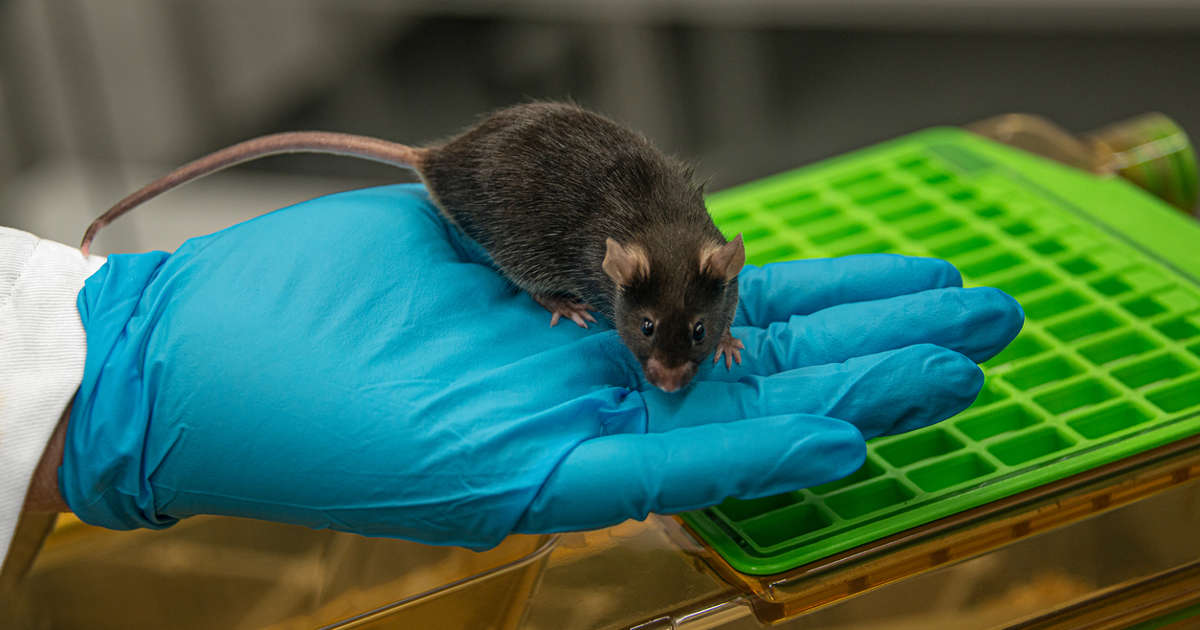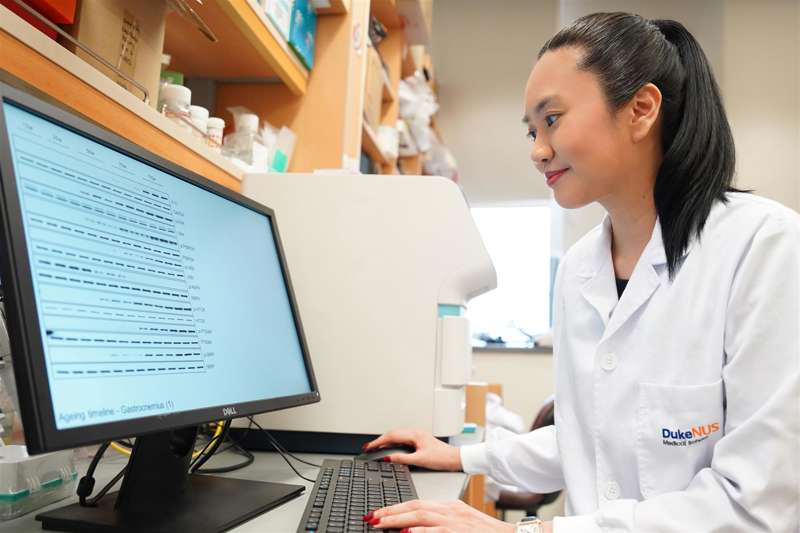Elixir of youth? This drug increases the lifespan of mice by 25%

In the fascinating field of the biology of aging, a new study was published Nature Discovery reveals that mice can experience extraordinary rejuvenation through inhibition of a specific protein called IL-11. This research, which sheds light on the important role of IL-11 in regulating age-related diseases and longevity, could be a step toward the long-awaited fountain of youth.
IL-11, A Proinflammatory cytokine of the IL-6 familyhas been identified as a key factor in these processes. As mice age, IL-11 becomes upregulated in various cell types and tissues, affecting critical pathways such as ERK, AMPK, and mTORC1, which are essential for metabolic health and longevity.
Key Findings in the IL-11 Study
To carry out the experiment, the researchers injected an anti-IL-11 antibody into 75-week-old mice, which is roughly equivalent to a 55-year-old person. The results were surprising: Treated mice survived 22.4% longer in males and 25% longer in femalesreaching an average of 155 weeks of life, compared to 120 weeks without treatment.
Furthermore, the drug not only extended their lives but also improved their overall health, reducing the incidence of cancer and other age-related diseases, such as fibrosis, chronic inflammation, and poor metabolism. Rarely any side effects observed,
The treated mice had less cancer and did not show the usual signs of aging and weakness. A decrease in muscle wasting and improvement in muscle strength was also observed. That is, the older mice that received anti-IL11 were healthier.
projection in humans
These discoveries open new avenues for treatments that not only prolong life but also improve quality of life in old age. By focusing therapies on inhibition of IL-11, chronic inflammation can be reduced and metabolic health can be improved, two fundamental pillars in the fight against aging.
Although this work was done on mice, These findings are expected to be highly relevant to human health.since we have seen similar effects in studies of human cells and tissues. Thus, this research is an important step toward a better understanding of aging and has demonstrated a therapy in mice that could potentially prolong healthy aging by reducing frailty and the physical manifestations of aging.
Therefore, from the London laboratory, they suggest the “exciting possibility” that this injection could have similar effects in older people, as anti-IL-11 treatments have begun their clinical trials in humans for other diseases.


Dr. Anisa Anindya Widjaja reviews data from her study on the IL-11 protein.
This research was started in 2017, when he was an assistant professor Anisa WidjajaDoctors at Duke-NUS Medical School in Singapore began examining tissue samples to measure levels of the IL-11 protein.
However, the scientists emphasize that it is necessary to continue investigating the safety and effectiveness of this injection in clinical trials in humans before considering its use for this new purpose.
